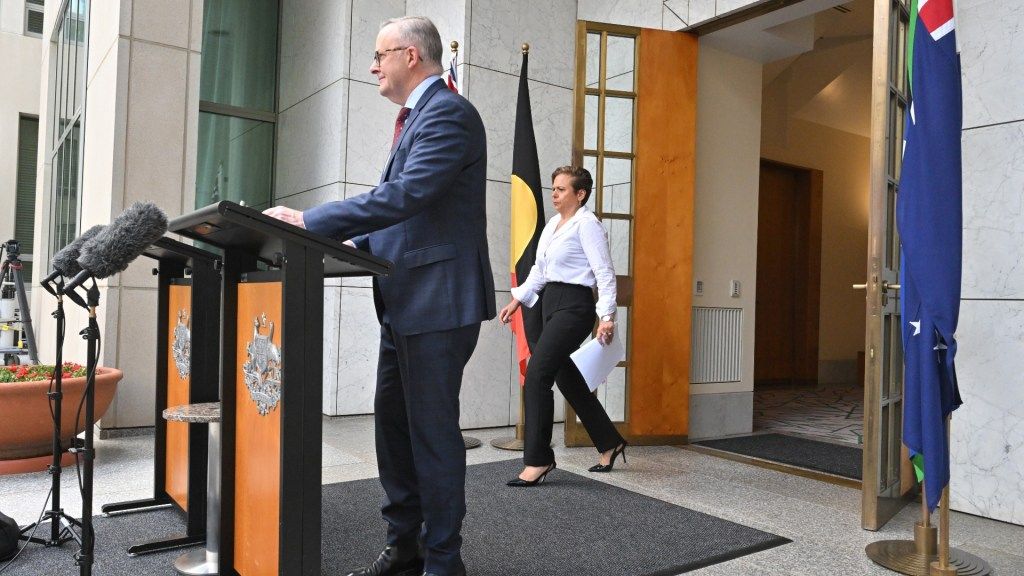Debate Over Social Media's Impact on Youth Mental Health Fuels Policy Decisions

As governments globally consider restricting teenagers' access to smartphones and social media, a contentious scientific debate has emerged concerning the effects of these technologies on young people's mental health. This debate has been particularly highlighted by Jonathan Haidt's recent book, "The Anxious Generation," which attributes the rise in youth anxiety over the last 15 years to the proliferation of smartphones and social media.
The discussion intensified following Haidt's book release in March. Critics like Duke University's Candice Odgers have argued that while correlations exist between social media use and adverse mental health outcomes, causality remains unproven. In response, Haidt pointed to experimental studies where reduced social media use showed benefits, although a meta-analysis by Stetson University psychologist Christopher Ferguson found no significant impact on mental health from reduced social media activity.
The debate took a methodological turn when Haidt, along with Zach Rausch, criticized Ferguson’s study, leading to a series of rebuttals and re-analyses. Matthew B. Jané, another contributor to the discourse, noted flaws in both Ferguson's original work and Haidt's subsequent analysis, emphasizing the lack of conclusive evidence linking social media reduction to mental health improvements.
Experts highlight several issues with the current body of research:
- Narrow Scope: Studies often focus on specific platforms rather than overall social media use.
- Lack of Objective Measures: Most research relies on self-reported data, which can introduce bias.
- Absence of Placebo: Unlike medical studies, social media reduction studies can't use placebos to control for participant expectations.
- Individual vs. Social Impact: The studies measure changes in individual behavior without accounting for the social environment.
Significantly, none of the studies directly address the impact on teenagers, the demographic most affected by potential social media restrictions.
This ongoing scientific tug-of-war occurs as policymakers from Arkansas to Australia are advancing legislation to limit social media access for young people. Critics argue that without robust evidence, these policies might be premature.
The debate underscores the complexity of understanding the digital environment's impact on mental health. With the evidence currently available, experts like Jané assert that we cannot definitively conclude whether reducing social media use will benefit teenagers' mental health.
This article was originally published in The Conversation and has been adapted for Alayaran.com.
READ MORE: Age restrictions for social media use could be legislated by November.
